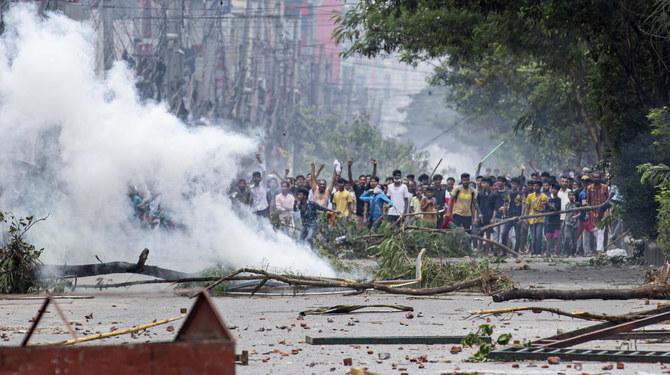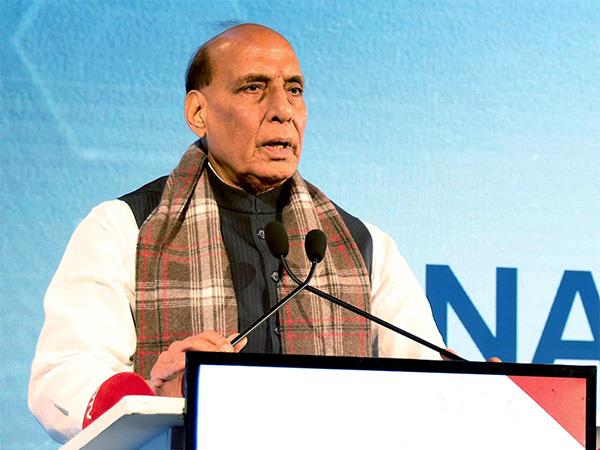Bangladesh’s Supreme Court has reduced but not eliminated a contentious job quota system, which had sparked nationwide protests resulting in over 100 deaths, according to local media.
 Students have been demanding the removal of a system that reserved 30% of government jobs for descendants of veterans from Bangladesh’s 1971 war of independence. They argue that the quota benefits allies of the ruling Awami League party.
Students have been demanding the removal of a system that reserved 30% of government jobs for descendants of veterans from Bangladesh’s 1971 war of independence. They argue that the quota benefits allies of the ruling Awami League party.
The Supreme Court ruled to reduce the veterans’ descendants’ quota to 5%, with 93% of jobs now allocated based on merit. The remaining 2% will be reserved for ethnic minorities, transgender individuals, and disabled people.
This verdict follows weeks of student-led demonstrations, which turned deadly when groups associated with the Awami League attacked protesters. Campaigners have accused the police of using excessive force.
While student groups have welcomed the decision, they vow to continue protesting until all their demands, including the release of jailed protesters and the resignation of officials responsible for the violence, are met.
Amid the unrest, Prime Minister Sheikh Hasina’s government imposed a curfew, called in the army, and issued shoot-at-sight orders. Universities remain closed, and Bangladesh faces a communication blockade. Violence has escalated as police use tear gas, rubber bullets, and smoke grenades against stone-throwing protesters.
Home Minister Asaduzzaman Khan announced a temporary easing of the curfew for people to gather supplies, but it will continue indefinitely.




